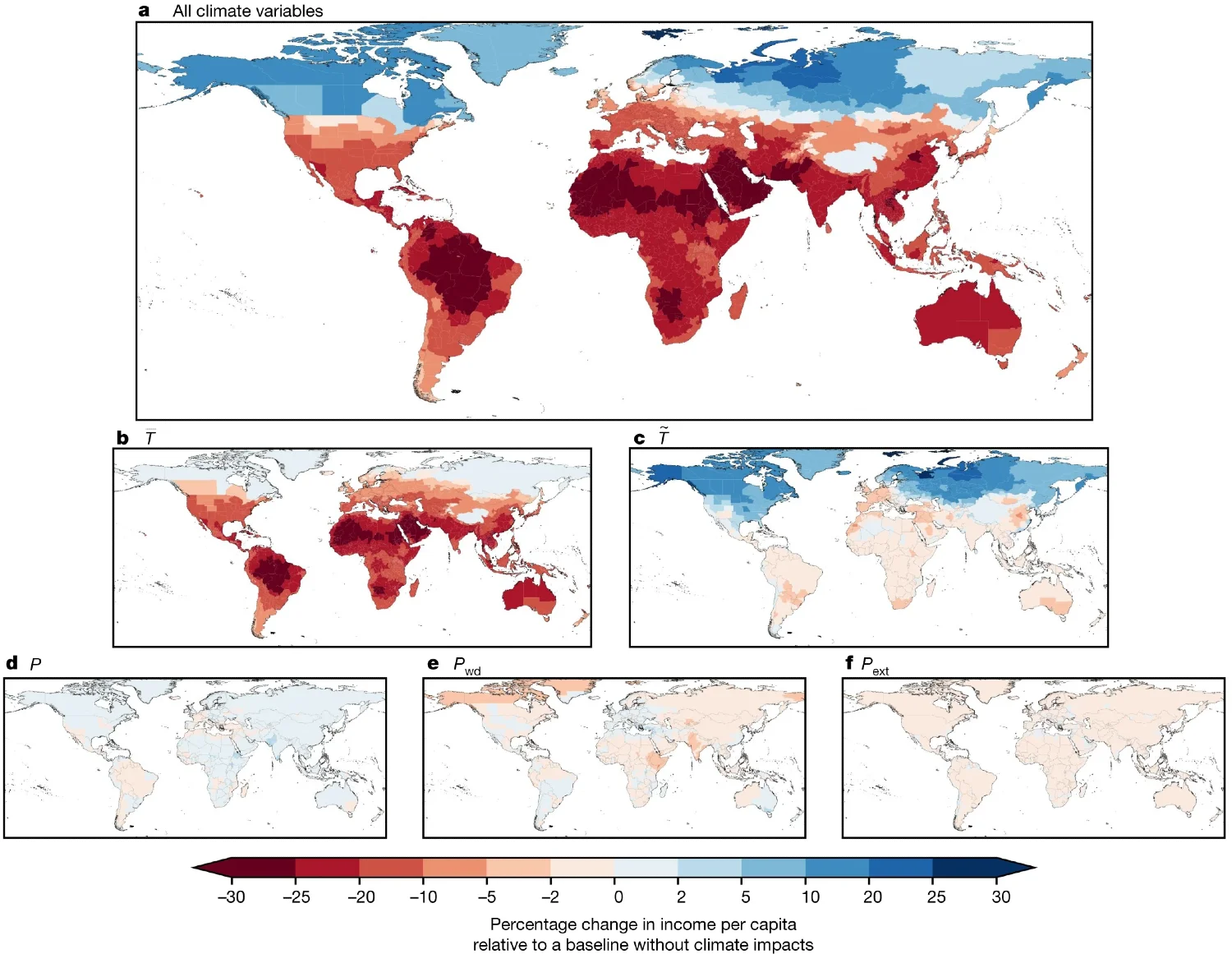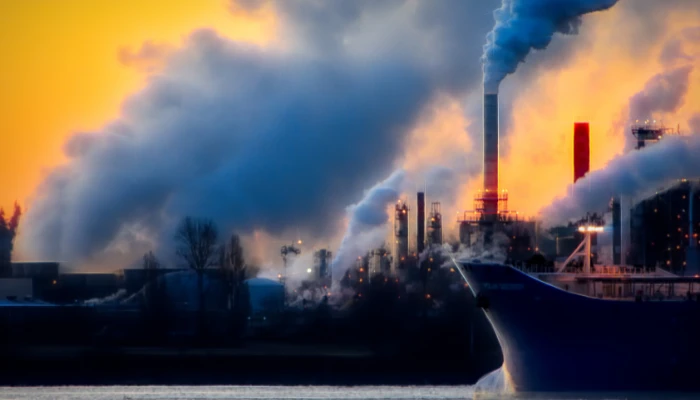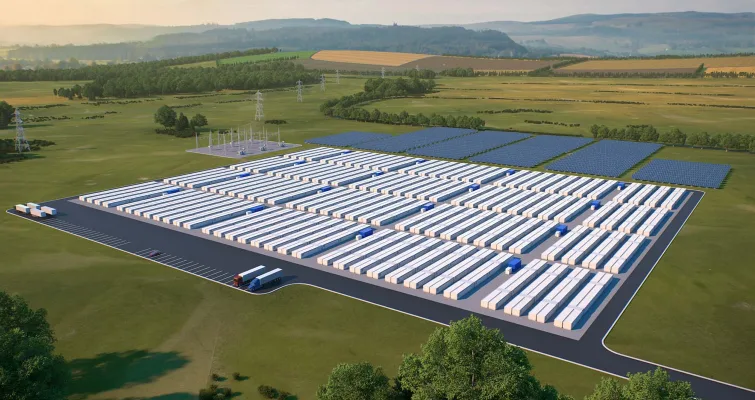The financial toll of climate change could dwarf the costs of combating it, a recent report in Nature magazine suggests. As global temperatures rise, the economic fallout from continuing our current path appears increasingly dire.
Published this Wednesday, the study shows that enduring climate change could cost the world a staggering $38 trillion by 2050, in what researchers consider a best-case scenario. If aggressive actions aren’t taken to curb fossil fuel use, the global economy could suffer even more dramatically.

The immediate economic impacts are traced back to historical fossil fuel consumption, according to Wenz, the study’s lead author. Without significant reductions in current fossil fuel use, she warns, “economic losses will become even bigger in the second half of the century.”
Legislative Responses to Climate Costs
The debate over who should bear these costs is heating up. In Vermont, new legislation was passed on Tuesday mandating the oil industry to contribute to climate adaptation expenses.
“Big Oil knew decades ago that their products would cause this damage,” Vermont state Sen. Anne Watson said at a press conference. “It is only right that they pay a share of the costs to clean up this mess.”
Conversely, in Washington, D.C., GOP members are advancing legislation to prevent the federal government from requiring large companies to disclose their carbon emissions. They argue that the financial burden of such disclosures would ultimately fall on consumers.
Additionally, Republican-led state legislatures are pushing to prohibit public sector dealings with banks that plan to reduce their fossil fuel investments.

Global Disparities in Climate Impact
The study’s global analysis, which included data from 1,600 regions, highlights the unequal burden of climate change. While countries at higher latitudes like Russia and Canada might experience short-term economic benefits from warmer temperatures, nations near the equator are expected to face severe economic hardships.
Countries like India, Brazil, Nigeria, and many in Africa, Latin America, and Southeast Asia could see costs 60% higher than wealthier nations and 40% above those of major emitters like the U.S. and China.
Despite some regions potentially benefiting economically, the study predicts an 11% permanent reduction in income for the U.S. and Europe by 2050, even in the best-case scenario.
Broader Economic and Political Consequences
The direct effects of climate change, such as increased droughts, floods, and storms, will likely devastate agriculture in the U.S. and Europe. The escalating frequency and intensity of heatwaves could also drive up healthcare and insurance costs.
Furthermore, the global interconnectivity of markets means that disruptions in regions heavily impacted by climate change will have cascading effects on more prosperous countries. As agricultural output decreases and outdoor work becomes more challenging, economies worldwide will feel the strain.
Political ramifications are also anticipated as migration increases from areas that can no longer sustain their populations, intensifying humanitarian crises and becoming a contentious issue in U.S. and European politics.
Underestimating the Future?
The study’s authors express concern that their projections might still underestimate the true cost of climate change, citing the conservative nature of climate predictions. They also note that changes in average temperatures and rainfall patterns often mask the growing intensity of extreme weather events.
“Staying on the path we are currently on will lead to catastrophic consequences,” warned Anders Levermann, a co-author of the study and a researcher at the Potsdam Institute.
More To Discover
- Behind The Scenes Of How Tyson, JBS, Cargill, and National Beef Use Consolidation And Auctions To Control The Beef Industry
- Lasers Can Transform Poultry Farming for Better Chicken Health, Welfare, And Flavor
- China’s Broken Climate Promises: Emissions Surpass US, EU, and India Combined
- Amazon-Backed Ambient Photonics Debuts 3X More Powerful Indoor Low-Light Solar Cells
“To stabilize the planet’s temperature, we must stop burning oil, gas, and coal,” Levermann added, highlighting the urgency of a global shift away from fossil fuels.
Source: Nature


















